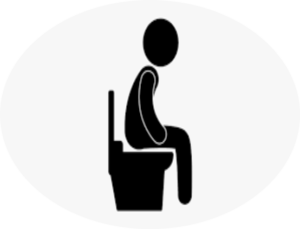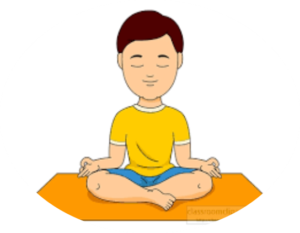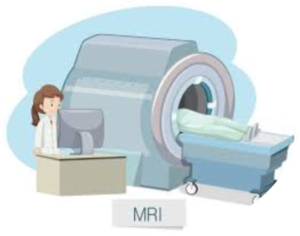What is Crohn’s Disease?
Crohn’s disease is a type of inflammatory bowel disease. It is an immune-mediated disease that affects any part of the GI tract from mouth to anus, but mostly occurs in the small intestine and colon
Symptoms of Crohn’s Disease
The symptoms of Crohn’s include:

- Diarrhea
- Abdominal pain (in bouts, may be associated with meal)
- Constipation
- No passage of feces or flatus for several days with abdominal distension
- Weight loss
- Fever
- Rectal bleeding
- Fatigue
- Loss of Appetite
- Perianal lesions and pus discharge
- Anemia
- Symptoms related to other organs than bowel
- Joint swelling and pain
- Low back pain
- Eye redness
- Skin lesions
Complications
The complications of Crohn’s include:
- Hole in the affected Bowel
- Complete obstruction of the bowel, unable to pass feces or flatus
- Bone loss
- Kidney stones
- Liver problems
- Growth and development problems in children
- Patients with long duration have the risk of cancer development
Self Care

- Avoid Smoking
- Regular Exercise
- Eat Small Meal
- Meditate or Yoga
- Spend time with positive people
- Better Sleep
- Avoid Fat
Diagnosis
First of all your doctor will review your health history, physical exam, and symptoms. Your doctor will do certain tests to help to confirm a diagnosis of Crohn’s Disease. The doctor will also do tests to rule out tuberculosis as it can have similar manifestation

- Blood tests
- Stool samples
- CT Scan
- Magnetic resonance imaging (MRI)
- Upper Endoscopy
- Colonoscopy
- Biopsy
Treatment
They are various methods to treat Crohn’s Disease depending on the situation.
Medication
- Anti-inflammatory drugs.
- Corticosteroids
- Immune system modifiers
- Antibiotics
- Drugs for diarrhea
- Biological medicines

Surgery
In those cases, when medication is not responsive, you may need surgery to remove the defective part of the bowel. It is not a cure, but it can help for remission, free from symptoms, for several years at a time.
They are multiple types of Surgery for Crohn’s Disease, including:
- Bowel Resection – Remove the damaged portion of the intestine
- Colectomy – Remove a defective portion of the colon
- Stricturoplaty – Redesign the damaged portion of the bowel
- The patient can require stoma formation.
Stoma: A stoma is an opening on the surface of the abdomen that allows fecal material to leave the body, rather than going through the digestive system.
Ostomy Bag: An ostomy bag is a plastic bag that collects the waste material from an opening on the surface of the abdomen.
Patients need to be on regular medications and follow up with respective doctors. They may need to modify their diets as advised by doctors and dietitians.

Diet




